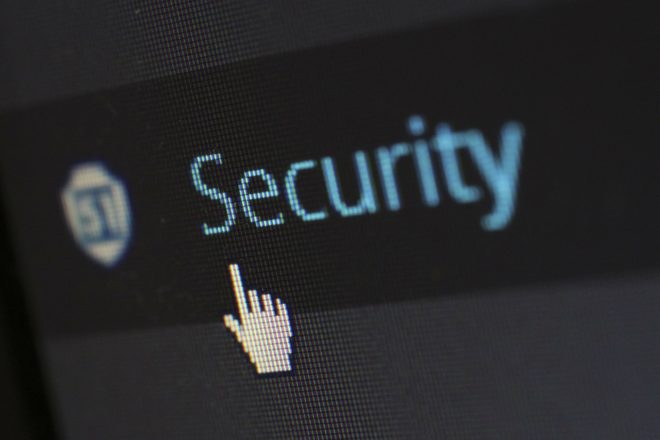Curated by Vinay Prabhakar Minj
In the future, the wars may be fought on cyberspace as well. A cyber-attack on a smart grid or a nuclear power plant can destroy one whole city.

With data increasing and moving everywhere, security has become very important now. A lot of data is being generated because lots of devices are getting connected. There might be sensitive data on your phone, laptop, tablet and even on a smart TV. This data could be used by hackers to threaten you for various reasons. That is why securing your smart systems is important.
As of now, we see IoT as a chip, like a dumb chip which has got some power, LoRaWAN, ZigBee or some network connectivity, sitting in a corner doing some dumb stuff. However, the future of IoT will include humanoid robots which are actually IoT extensions and will have AI-powered systems running within them which can take decisions in real time.
In a group network, they can collaborate with each other and perform a counter-terrorist attack.
IoT can be used everywhere. There is no single place where IoT cannot be used. It has applications in industries, manufacturing plants, healthcare, automobile, consumers appliances, and so on.
If a smart home is hacked, then all your systems can go against you. Therefore, cybersecurity is critical to stay safe and secure.
Nowadays, a lot of advanced hospitals are using IoT technology. Using IoT, a patient’s body is monitored, and the data obtained is fed to the tablet or mobile phone of the specialist doctor. This a standard practice.
This way there will be no need for the doctor to come and check the patient’s stats, as the data is now in his fingertips. Only if a problem is detected, then further checking may be required for diagnosis. Same can be done for telemedicine.
In case of connected cars, you can get real-time data like – Where the car is? Where it is moving? How much fuel is being consumed? All this information can be collected using the Internet of Vehicles (IoV). Today all automobile companies are moving toward this direction.
The Dark Side of Smart Devices
Smart TVs these days run on Android. The core kernel of Android is Linux which can be hacked. This means somebody can easily get into your smart TV. If your Smart TV has a camera, then it could be used to spy on you if it’s not powered OFF. When it is powered ON and on standby mode, it can still be hacked as the camera is ON.
All modern-day cars are very sophisticated. They are like a mini computer now. It has got ECU, ABS and many other new features. If your car is hacked remotely while you are driving at very high speed, then your ABS (braking system) can be compromised because it is computer controlled. And if that brake fails, then instantaneously you will end up in an accident. So, this technology can be used against somebody who is influential, someone in a high position in the Government or in an important position in a company.
These days, pacemakers are connected via the internet to the hospitals and the doctors, using IoT. This allows the doctors to see the condition of the pacemaker. It will also report back the condition of the heart. A pacemaker does the Treadmill test (TMT) in real time. But if somebody hacks in, then that person can increase the pulse to make the heart beat fast, which can lead to cardiac arrest.
Smartwatches have in-built GPS. Once hacked, the other person will get to know about your location and a physical attack can be done on you.
If a smart home is hacked, then all your systems can go against you. In the future, the wars may be fought on cyberspace as well. Once all the cities are smart, then there will be no need to send fighter jets worth thousands of rupees to bomb any place. A cyber-attack on the smart grid or the nuclear power plant can destroy the whole city itself.
Therefore, cybersecurity is critical to stay safe and secure. Everything needs to be security checked if you really want to be safe.
About the author:
This is an extract from the speech given by Amar Prusty, Cloud Data Center Architect, DXC Technology, at IOTSHOW.IN 2019 in Bangalore.
He has more than 17 years of experience in IT Infrastructure and Cloud- Consulting, Architecture, Design, Implementation and Support. He focuses a lot on security. In free time, he loves travelling and reading books.
|
Q. If we are so vulnerable to all these attacks, then is there any standardised security plan that you are putting in place? A. The main thing is that IoT is not one product, software or a piece of hardware. IoT is a full-fledged stack. It includes embedded systems, communication, EDGE devices and the Cloud. There is no single point of security for the entire stack. So, a security expert in the IoT domain has to have a knowledge of the whole stack. A specialist is required for EDGE devices and communications (5G, 4G, LoRaWAN, ZigBee). Also, penetration testing or hacking testing needs to be done on that (vulnerable) system. This is the final test for security. |










